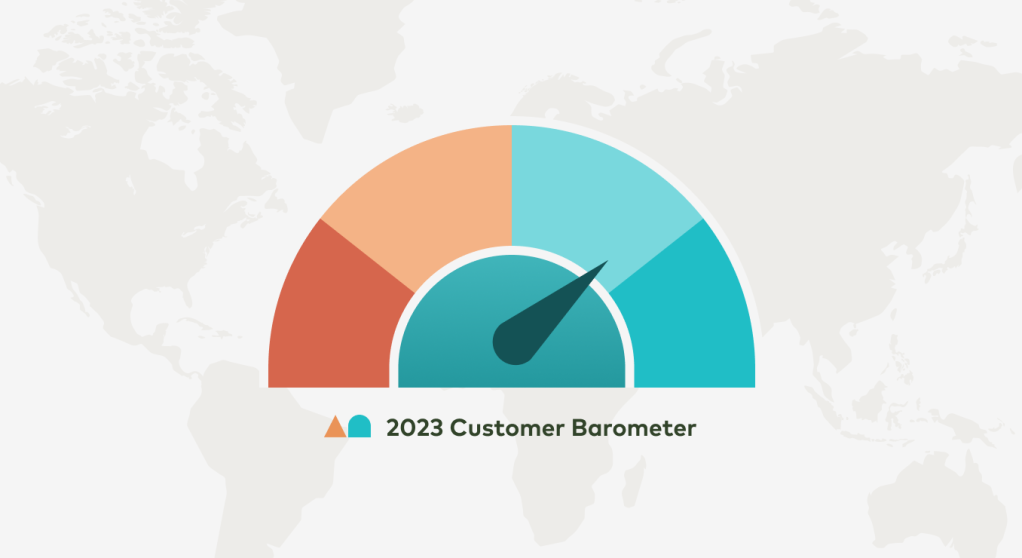Post-pandemic, economies around the world are struggling to recuperate. As part of our 2023 Customer Barometer, Tala surveyed over 2,000 customers from Africa, Latin America, and Southeast Asia to understand their perceived impact of inflation and how they cope with these changes. Maintaining their previous standard of living has become more challenging for people as costs for essential goods rise. Still, the ways customers navigate the current economic landscape are multifaceted. From adaptive budgeting strategies to new side hustles, this report sheds light on the resilience and resourcefulness exhibited by consumers in the face of inflationary pressures.
Inflation affects the Global Majority personally
Our customers are acutely impacted by inflation as nearly 1 in 2 customers surveyed indicated they had no rise in pay in 2023. This makes it challenging for customers to keep up with daily expenses. In fact, 90% of respondents agree that inflation impacts their family budgets, and most note groceries as the most common pain point. Across the board, our customers around the world are feeling financial pressures.
Inflation has implications for both essential spending as well as leisure. Thirty-five percent of global respondents feel they rarely or never have anything left for leisure or enjoyment. However, this varies slightly by market. Filipino and Kenyan customers are cutting back on non-critical expenses to meet basic needs, more so than in Mexico.
Customers find ways to cope via entrepreneurship
Despite the complications of inflation on customers, they’ve identified a variety of methods to cope with increasing costs and manage difficult times. Globally, 59% report starting business, side hustles, or part-time roles as a means to cope. Although a global behavior, we see slight variances. In Kenya and Mexico, there is a preference for starting a business or a side hustle (40% and 42%, respectively). In the Philippines, 34% report picking up a second or part-time job, and 36% report starting a business or side hustle.
As customers develop other avenues for income, we also see signs of resilience. Across our markets, 48% occasionally experience stress related to inflation, but not constantly. In fact, 19% rarely experience stress. Reports of high financial stress were seen most notably in Kenya. There, 17% reported almost always feeling stress about their financial situation — nearly three times that of our other markets.
The majority feel supported to navigate financial headwinds
When asked how Tala has impacted their finances, we see high reports of peace of mind. Generally, our customers feel they have the right financial resources — the majority of respondents agree they have the right tools to manage their money how they want to, and 26% strongly agree. Customers worldwide have been able to handle financial shocks, manage household expenses, and leverage Tala loans to start and grow businesses.
This report illuminates the remarkable resilience and resourcefulness demonstrated by our customers grappling with the challenges of inflation. As we navigate economic uncertainties, it is evident that the Global Majority are not just passive observers but proactive participants in shaping their financial destinies. From disciplined budgeting to embracing supplementary income streams, the diverse strategies employed by our customers underscore the dynamic nature of economic progress. Learning from these behavioral shifts is crucial in developing effective solutions to support individuals in maintaining their desired quality of life despite ongoing inflationary pressures.
Notes on methodology
Tala conducted an online survey among 2,173 Tala customers living in Kenya, the Philippines, and Mexico to understand perceptions of inflation and how people are managing their financial lives accordingly. The sample is representative of our active customer populations with a 95% and higher confidence level across each sample set.
